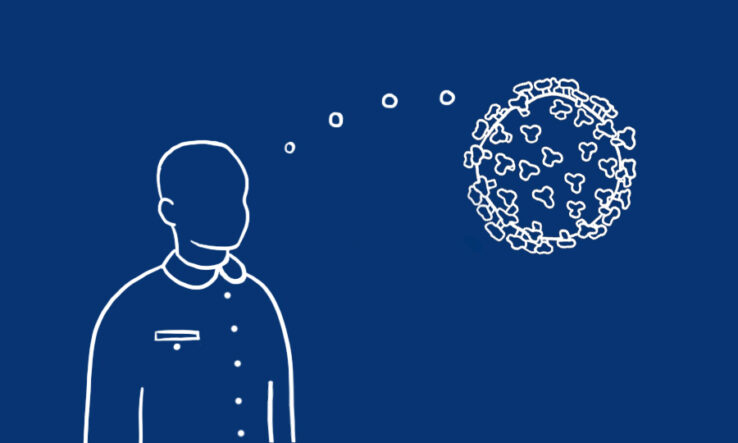
Australian Academy of Science decries attempts to “mislead, distort and obfuscate scientific evidence”
The Australian Academy of Science has warned of a “worrying pattern of deliberate undermining of public trust in science”.
Current public debate around the origins of Covid-19 is part of a “dangerous trend” towards twisting and misrepresenting scientific findings, academy president Chennupati Jagadish said in a statement on 18 August.
Jagadish wrote that attempts to “mislead, distort and obfuscate scientific evidence” need to be confronted.
“As a national academy whose remit is to uphold standards of excellence in science, we will call out behaviour that serves no good purpose and that harms the essential underpinnings of a stable, safe and civil society that relies on evidence-informed decision-making,” he wrote.
Some recent reports have supported a theory that Sars-Cov-2, which causes Covid-19, was of human origin.
“In a world in which everybody can be a (public) sceptic but not everybody can be an expert, it is more important than ever that science is explained openly, in language that is accessible, and that the public can readily find sources of information that can be trusted,” Jagadish wrote.
Understanding the scientific process
In a separate media release, Dominic Dwyer, who helped the World Health Organization examine the origins of the virus, said that “scientists, in general, have backed away from aspects of the [Chinese] lab leak theory, especially those conspiratorial in nature”.
Dwyer, a professor at New South Wales Health Pathology’s Institute of Clinical Pathology and Medical Research, said that while the lab origin theory remained “on the table” because it was theoretically possible, “nothing yet has emerged to prove a lab leak as being more likely than an animal origin”.
“I estimate that the majority of scientists with virology expertise support the animal origin [theory] but appreciate that there is yet no ‘smoking gun’ to definitively answer the questions.”
Dwyer said it was important to understand how the scientific process worked.
“There’s nothing wrong with scientists having opinions about virus origins, but you have to have the science behind the opinions and understand how science works. It is normal for scientists to change their opinions on an issue over time as evidence (or lack of) emerges. Changing opinions does not indicate a cover-up or conspiracy and making such claims sets a bad precedent for planning for the next pandemic.”